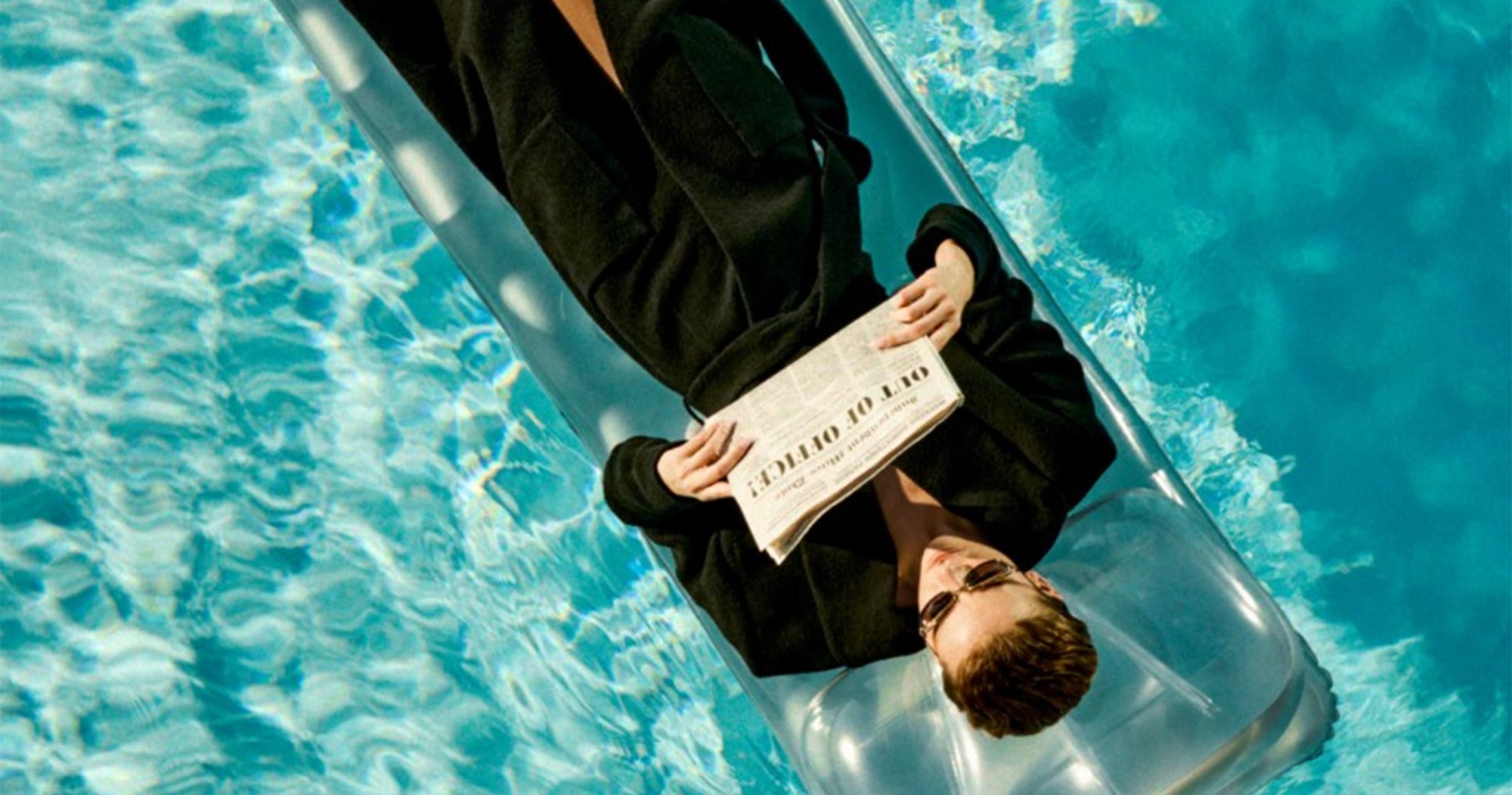On Jan. 10, 2017, when Chrystia Freeland was sworn in as Justin Trudeau’s foreign-affairs minister, U.S. president Donald Trump was still 10 days away from his own swearing-in. Not long after she took up her post – and Mr. Trump his – Ms. Freeland would go head to head with Mr. Trump’s administration in a series of negotiations over NAFTA. In this excerpt from Chrystia, by Catherine Tsalikis, the author chronicles the reaction to a June, 2018, speech given by Ms. Freeland in Washington that touched not only on those negotiations, but on a still-prescient topic: tariffs.
On June 14, after being named Diplomat of the Year by Foreign Policy magazine, Chrystia gave a speech in Washington warning of the dangers facing liberal democracies and the international rules-based order that underpinned them. She never named Trump, but the speech was largely viewed as a rebuke of the president’s protectionist and inward-looking foreign policy, as well as his habit of playing fast and loose with the truth.
She took direct aim at the administration’s decision on tariffs:
For the past 70 years and more, America has been the leader of the free world. We Canadians have been proud to stand at your side and to have your back. As your closest friend, ally, and neighbor, we also understand that many Americans today are no longer certain that the rules-based international order of which you were the principal architect and for which you did write the biggest checks still benefits America.
We see this most plainly in the US administration’s tariffs on Canadian steel and aluminum imposed under the 232 national security provision. We share the world’s longest undefended border.
Our soldiers have fought and died alongside yours.
The idea that we could pose a national security threat to you is more than absurd, it’s hurtful. The 232 tariffs introduced by the US are illegal under World Trade Organization and nafta rules. They are protectionism pure and simple. They are not a response to unfair actions by other countries that put American industry at a disadvan- tage. They are a naked example of the United States putting its thumb on the scale in violation of the very rules it helped to write. Canada has no choice but to retaliate with a measured, perfectly reciprocal, dollar for dollar response. And we will do so.
… You may feel today that your size allows you to go mano a mano with your traditional adversaries and be guaranteed to win. But if history tells us one thing, it is that no one nation’s preeminence is eternal.
Review: New Chrystia Freeland biography paints a flattering picture of the journalist-turned-politician
The Washington Post’s David Hoffman, Chrystia’s friend and colleague from her Moscow reporting days, was in the audience. He says the speech was written by Chrystia personally and was motivated by the lessons they had taken to heart in the 1990s, as they witnessed Russia’s failure to fend off crony capitalism and authoritarian rule.
The speech was not well received inside the White House. Neither was Chrystia’s appearance on a panel at the Women in the World Summit in Toronto three months later called “Taking on the Tyrant,” which featured a video montage with footage of Trump alongside strongmen like Syria’s Bashar al-Assad and China’s Xi Jinping.
To critics, the decision to give the speech and appear on the panel – sure to provoke the U.S. president, with a $1 trillion trilateral trade accord hanging by a thread – was careless. “That actually hurt our negotiating position,” says Erin O’Toole, then the Conservative shadow minister for foreign affairs, “because it was performing for kind of the intellectual class, hammering Trump, which they loved. But how did that help the autoworker in Windsor or in Oshawa?”
O’Toole also took issue with what he considered to be “virtue signalling” by the Trudeau government. “If there’s one criticism I have of Chrystia, it is sometimes she performs and comes up with policy based on the little crucible she comes from, which is media.” At the outset of negotiations Chrystia had emphasized Canada’s “progressive trade agenda” and announced that her team would be seeking new chapters on gender rights and Indigenous peoples.
“It was hard for me to criticize these things, because I believe in reconciliation, I believe in gender equality,” says O’Toole. “But this is a trade agreement … they really used that negotiation as a way to show how different the Trudeau government was from the Trump administration.”
Morneau, too, worried about the tone and substance of Chrystia’s address, writing that it “tested” the trust he had built with Mnuchin, who was “obviously irritated” by the speech. “It’s not that I or anyone else with Canadian ties disagreed with her perspective. But it’s not easy to get what you want from your neighbour if you poke him in the eye while bargaining,” he writes. “Minister Freeland’s point of view may have been valid, but her timing couldn’t have been worse.”
Throughout Chrystia’s tenure as foreign minister, though, time and time again she would act according to her belief that calling out injustice where she saw it should trump diplomatic niceties, whatever the cost.
On June 29, Trudeau and Trump spoke on the phone. During the call, Trump referred to Chrystia as a “nasty woman,” the epithet he had previously reserved for Hillary Clinton during the final 2016 presidential debate. MacNaughton says that he never saw Chrystia react negatively to criticism from the president: “I congratulated her on being – it’s kind of a badge of honour – the ‘nasty woman.’”
Excerpted with permission from Chrystia by Catherine Tsalikis ©2024. Published in by House of Anansi Press. All rights reserved.














